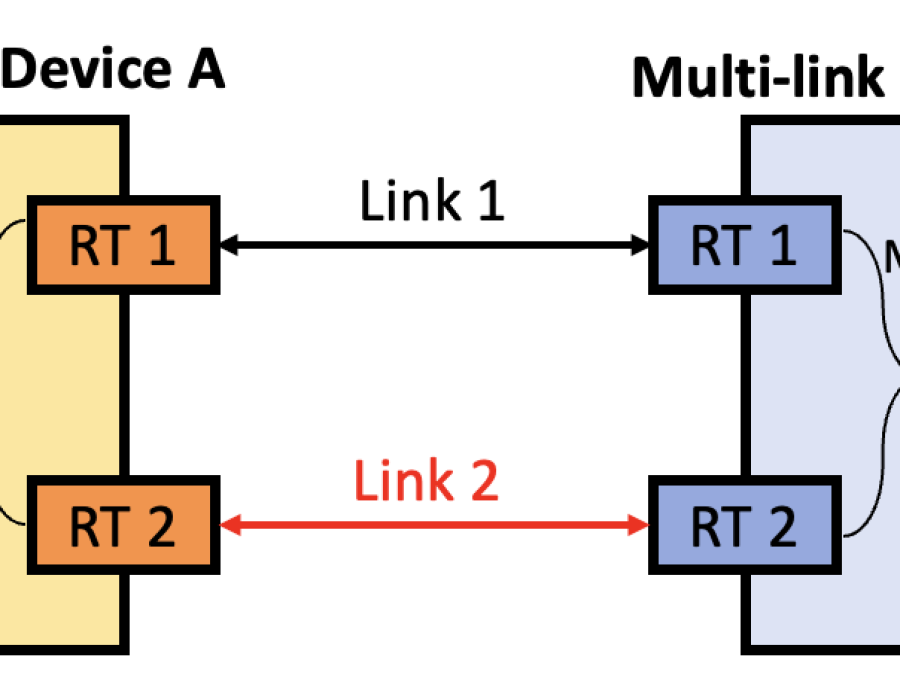Introduction: In the digital age, where connectivity is ubiquitous, safeguarding wireless networks against unauthorized access and data breaches is paramount. Wi-Fi Protected Access (WPA) stands as a crucial security protocol designed to fortify Wi-Fi networks against potential threats. This guide navigates the landscape of WPA, elucidating its significance, evolution, and implementation in ensuring secure wireless communication.
Understanding Wi-Fi Protected Access (WPA): Wi-Fi protected access is a security protocol developed to address vulnerabilities inherent in the earlier Wired Equivalent Privacy (WEP) standard. WPA enhances the security of wireless networks by implementing stronger encryption algorithms, robust authentication mechanisms, and dynamic key management protocols.
Key Components of Wi-Fi Protected Access (WPA):
Encryption: WPA employs advanced encryption algorithms, such as Temporal Key Integrity Protocol (TKIP) and Advanced Encryption Standard (AES), to encrypt data transmitted over the wireless network. By encrypting data packets, WPA prevents eavesdropping and unauthorized interception of sensitive information.
Authentication: WPA utilizes strong authentication mechanisms, including Pre-Shared Key (PSK) authentication and Extensible Authentication Protocol (EAP), to verify the identity of users attempting to connect to the network. This ensures that only authorized users with the correct credentials can access the Wi-Fi network.
Key Management: WPA employs dynamic key management protocols to periodically refresh encryption keys, mitigating the risk of key reuse attacks and cryptographic vulnerabilities. By dynamically generating and rotating encryption keys, WPA enhances the security of wireless communication and reduces the likelihood of successful decryption by malicious actors.
Robust Security Features: WPA incorporates additional security features, such as message integrity checks, replay protection, and packet sequencing mechanisms, to prevent various types of attacks, including replay attacks, man-in-the-middle attacks, and packet spoofing attempts.
Evolution of Wi-Fi Protected Access (WPA): Since its inception, WPA has undergone several iterations and enhancements to address emerging security threats and vulnerabilities. These include:
WPA2: Introduced in 2004, WPA2 represents a significant advancement over WPA, offering stronger encryption algorithms (AES) and improved security features. WPA2 remains the de facto standard for securing Wi-Fi networks worldwide.
WPA3: Released in 2018, WPA3 introduces additional security enhancements, including stronger encryption for public Wi-Fi networks, simplified configuration for IoT devices, and protection against brute-force attacks on weak passwords.
Implementation Considerations: When implementing Wi-Fi Protected Access (WPA) in a wireless network environment, organizations should consider the following best practices:
Use WPA2 or WPA3: Deploy the latest WPA standards (WPA2 or WPA3) to ensure optimal security and compatibility with modern devices and protocols.
Enable Strong Encryption: Configure the wireless network to use AES encryption, which offers robust protection against eavesdropping and cryptographic attacks.
Implement Secure Authentication: Choose strong authentication methods, such as WPA2-Enterprise with 802.1X/EAP authentication, for enhanced security and user authentication.
Regularly Update Firmware: Keep wireless access points and client devices updated with the latest firmware patches and security updates to address known vulnerabilities and ensure continued protection against emerging threats.
Conclusion: Wi-Fi Protected Access (WPA) serves as a cornerstone of wireless network security, providing robust encryption, authentication, and key management capabilities to safeguard Wi-Fi communications against potential threats. By implementing WPA standards and adhering to best practices, organizations can fortify their wireless networks, protect sensitive data, and ensure secure connectivity in an increasingly interconnected and digital world.
For more info. visit us:





Comments